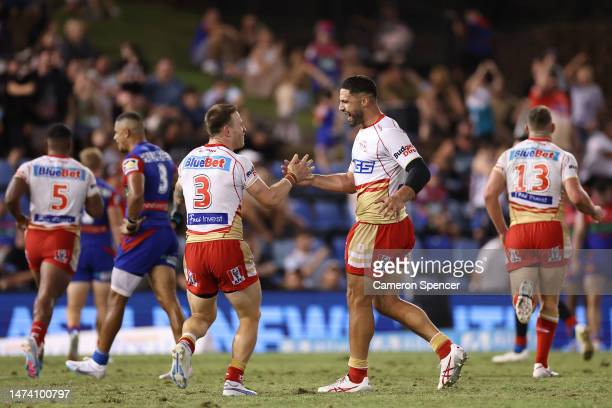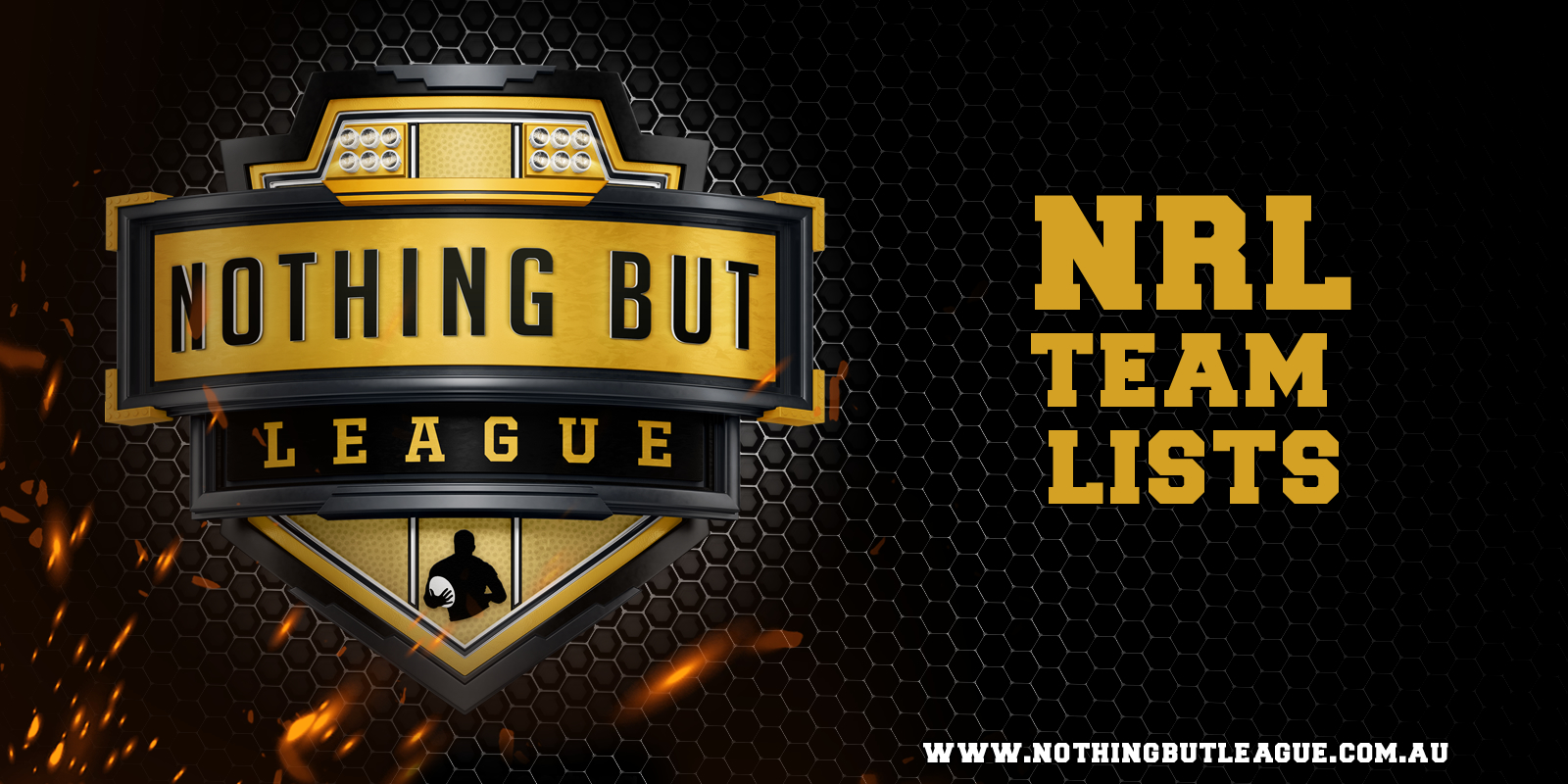Todd Greenberg has done much in his time as NRL CEO to confirm that he is the right man for the job. But with just one statement in last week’s press conference to announce the fate of troubled West Tigers star Tim Simona, he immediately undid all his good work.
“Based on the evidence we’ve identified, it is very hard to imagine that Tim Simona will be registered with the NRL at any time in the future”.
Simona deserved a life-ban. His crimes are inexcusable and are in breach of more than just the NRL’s policies. He has broken the law, betrayed his team and should have been rubbed out of the game with not even the slightest chance of ever being allowed back; if not for anything else than preserving the game’s image.
But the wishy-washy nature of Greenberg’s statement, and the penalty, is hard to overlook.
The NRL haven’t taken a tough stance on any indiscretions other than salary cap breaches in recent times. Even the illicit drug policy has come into question by the players during the last week.
Back in 2002, the Bulldogs were fined $500,000 and docked premiership points when they were found to be cheating the cap.
Melbourne followed in 2010 for the same misdeed, but were also stripped of their premiership titles.
When it came time for Todd Greenberg to hand down his decision on Parramatta in July last year, he had a precedent, set by previous administrations, by which to follow.
As far as match fixing, or dealing with breaches in the games gambling code is concerned, the NRL is yet to establish a benchmark. It remains a grey area.
When news first broke that Tim Simona was placing bets on himself and opposition players to score tries against the West Tigers, the length of his ban in the eyes of the public was heavily dependent on an individuals moral compass.
What did and didn’t come under the banner of breaching the game’s ‘integrity’, and to what degree Simona’s actions could be seen as doing so when opposed to something like doping, was up for debate.
But that was before details of his contemptible charity scams and drug habit were brought to light, turning a tale of addiction into something more sinister.
At this point, the NRL had a golden opportunity to deter other players from even thinking of committing the same abhorrent crimes, by handing down a penalty that would force them to risk their careers if they wanted to follow in Simona’s footsteps. But in just one statement, Greenberg left the door open for future occurrences to take place.
A disappointing and undesirable result for the game’s image and culture, which is already under heavy scrutiny from the outsiders looking in.
Greenberg would have done well to express more than simply his personal feelings towards Simona’s actions. His words were well considered, meaningful even, but didn’t fulfill their purpose.
Instead of using terms such as ‘hard to imagine’, which are open to interpretation by a future CEO who may wish to re-register Simona if he feels he has served his time, he needed to make an example of the former Tigers winger by banning him for life.
If the NRL isn’t willing to play hardball then we shouldn’t expect gambling issues within the game to disappear automatically.
The same goes for the current protocols in place to deal with players who engage in recreational drug use. The punishment simply doesn’t fit the crime.
We must even question the effectiveness of the education forums administered by the NRL. Clearly, if these issues are systemic, their messages are failing to sink in.
Simona knew the consequences of his actions but still chose to feed his addiction in the most heinous way imaginable, by selling jersey’s and keeping the proceeds, promised to charity, for himself.
He had been through the NRL’s programs, presumably a number of times, but failed to heed their warnings.
The Wests Tigers missed the eight by one point in 2016. An issue that went largely unaddressed while the case was under the microscope.
It should have been the wake up call that kicked the NRL into gear, but it was barely considered.
This very point demonstrates the kind of influence match-fixing and gambling violations can have on the premiership at large.
What must the fan, that forks out thousands of dollars to watch their side play each year, be thinking when the NRL fails to take a tough stance on players making a mockery of their allegiance.
Does he or she still believe in the integrity of a contest?
There will always be question marks over the result of a game until the NRL brings in stringent rules to rub out those who attempt to manipulate them.





